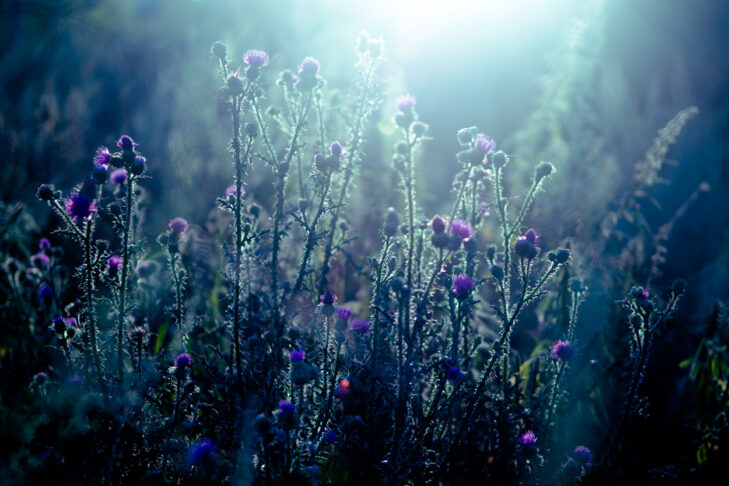This year has been characterized by abrupt and powerful change. From the way we interact with each other, to the way we approach illness and death, to the way we tackle the harmful and broken systems all around us, it would take a tremendous effort to emerge from 2020 the same as we entered it. There is also, I believe, an immense element of mourning that characterizes the last several months.
Many mourn the lives of their friends and family members, others mourn their former lives. Very few have been unaffected by the current pandemic or the protests still occurring all over the country. These events signal a change in the way we conduct ourselves, and as with most change, we notice an element of resistance. Nobody really loves major change, and because of this, people cling to normalcy and ritual.
This is why I’ve found myself more attached to the practice of Shabbat, even in small ways within my home. It’s also worth noting that we are currently within the three-week mourning period between 17 of Tammuz and Tisha B’Av. This period, Bein ha-Metzarim, usually commemorates the destruction of the first and second Jewish temples, as well as the exile of the Jews from Israel. It’s considered a time of great misfortune, during which Jewish people prefer to avoid dangerous activities and medical procedures (a difficult feat in current times). But, as with everything, this Bein ha-Metzarim is different. We are not only mourning the loss of holy sites, but our ability to gather within a religious context. We mourn the loss of tradition both in the past and the present.
Of course, the Jewish community is not so easily flattened. Even at a distance, we are still able to connect with each other and share our collective experiences. Furthermore, Judaism as we know it exists due to the destruction of the temples. From tragedy and destruction sprung the extensive scholarship and complexity of Judaism, which is incredibly beautiful.
I won’t argue that tragedy leads to beauty, only that both arise from change. Change is uncomfortable, particularly when what needs changing involves uprooting some of our more ingrained beliefs. But change is also often positive. If we stagnate, if we refuse to learn from the past or from each other, we risk making the same mistakes over and over. That’s why it’s important to mourn the past, the traditions and practices, but also treat them with caution. As the pandemic continues, I’m wondering how the Jewish community will approach this monumental change, and what new and incredible life will spring from it.



